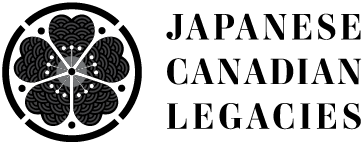Supporting Intergenerational Wellness Through Family Sharing & Healing
NOTE: Intergenerational Wellness is a grant stream of the Community Fund of the Japanese Canadian Legacies Society. There were two intakes for grants, each with three categories: Family Sharing & Healing; Seniors Intergenerational Wellness; and Intergenerational Group Gatherings.

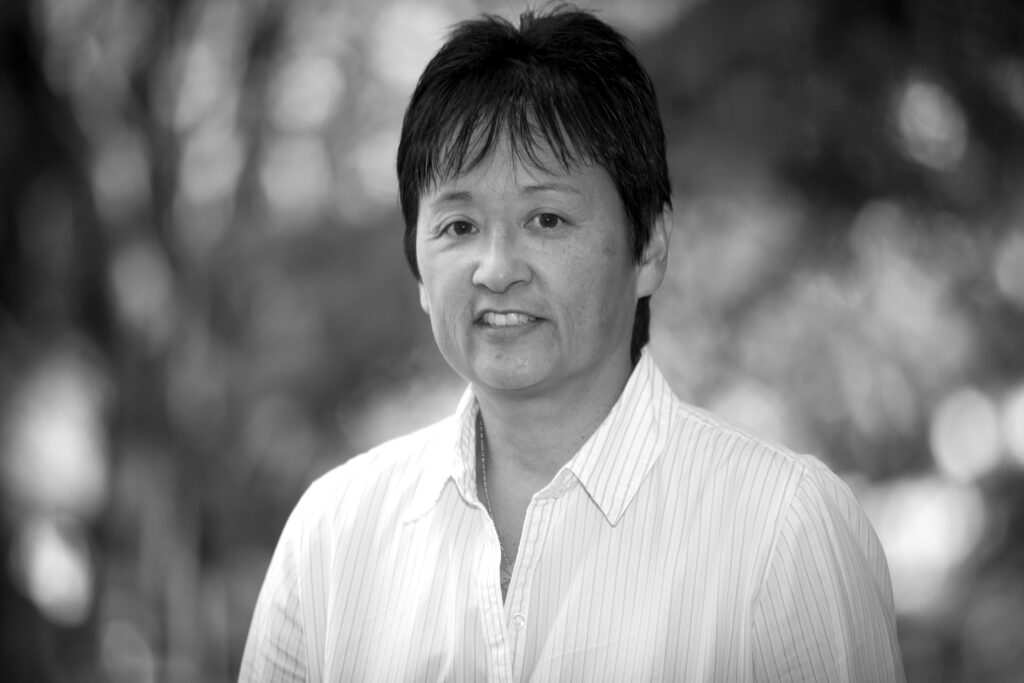
by Susanne Tabata
Intergenerational Wellness began with input from the late Dr. Karen Kobayashi in 2020. In building the framework of ‘asks’ for funding from the Province of BC, Karen advocated for the inclusion of a component of funding for health & healing by addressing intergenerational trauma. With her passing, JCLS continued this vision quietly in her honour.
Many years earlier in September 2009, the GVJCCA addressed collective historical trauma in a large gathering, Honouring Our People, with guest speaker Dr. Satsuki Ina, the pre-eminent Japanese American practitioner in collective historical trauma. Satsuki has greatly influenced the Canadian healing circle model.
Eiko Eby, who led the first Survivors Fund under Nikkei Seniors Health Care & Housing Society, drafted the guidelines for the three categories of funding with a category for families called Family Sharing & Healing. This was further refined by the Advisory of Lucy Komori, Nicola Koyanagi, Leanne Toshiko Simpson, Carley Okamura, and Jeff Masuda. We are very grateful to all who contributed to this important program.
Family Sharing & Healing is the first grant of its kind created to open ‘space’ for families to do this work. The community has responded with the resounding need to have their outputs protected by privacy with over 90% of grant recipients preferring their work be kept private and within their families. The adherence to privacy is something that the JCLS must respect as the fund follows a healthcare model.
Through this work we are providing both families and individuals with the opportunity to address identity, place, and family history as it connects to the collective uprooting, dispossession and displacement of the 1940s. The unintended outcomes of the Family Sharing and Healing funding prompted us to reach out to Patti Ayukawa, Lucy Komori, and Naomi Horii, three people who have done important work in the field of individual and/or collective historical trauma.
Intergenerational Wellness Advisory
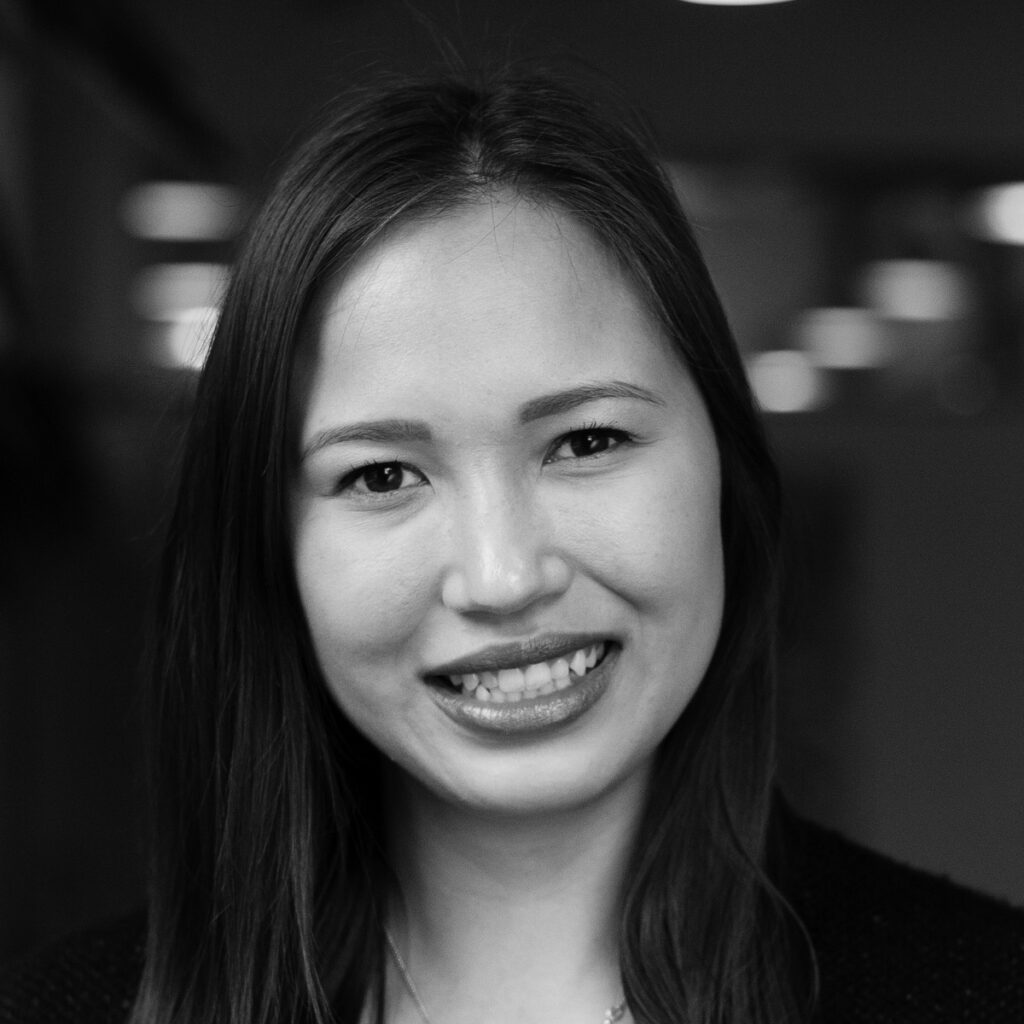
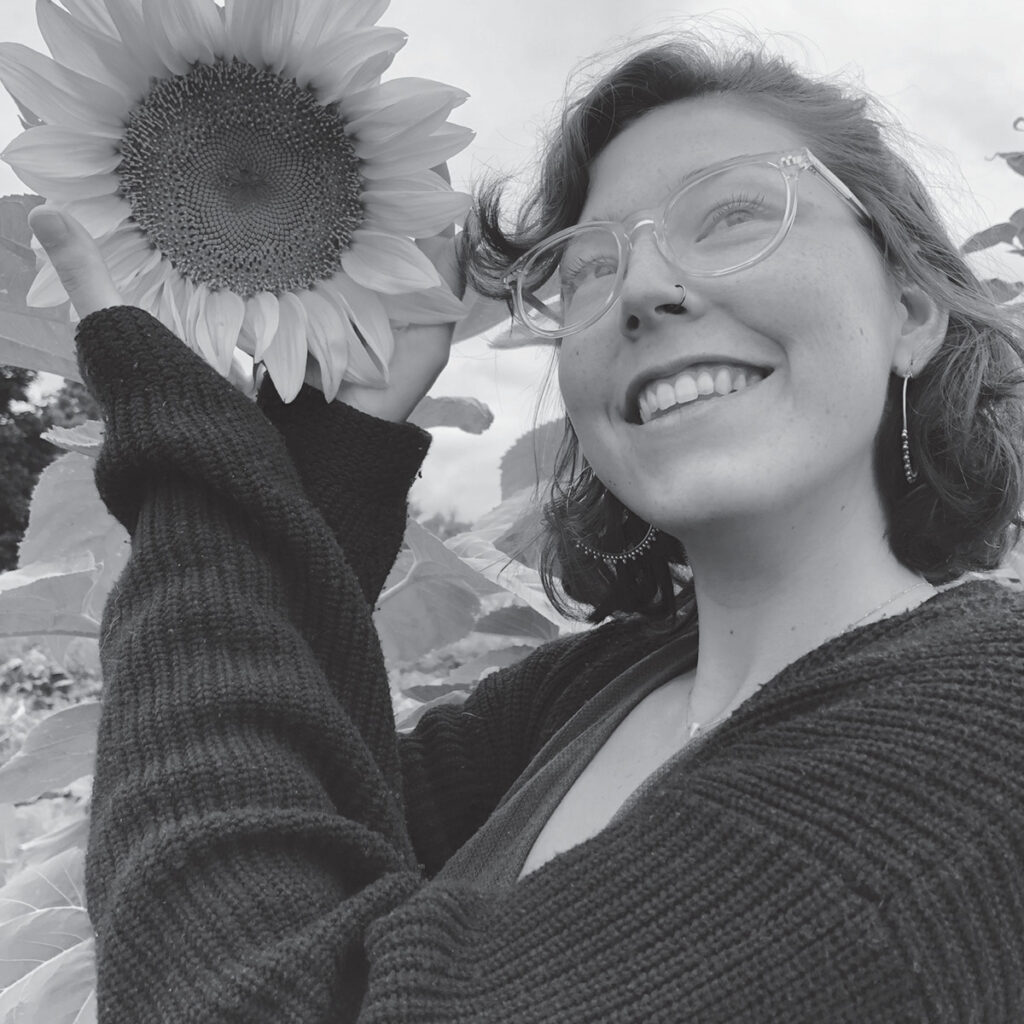

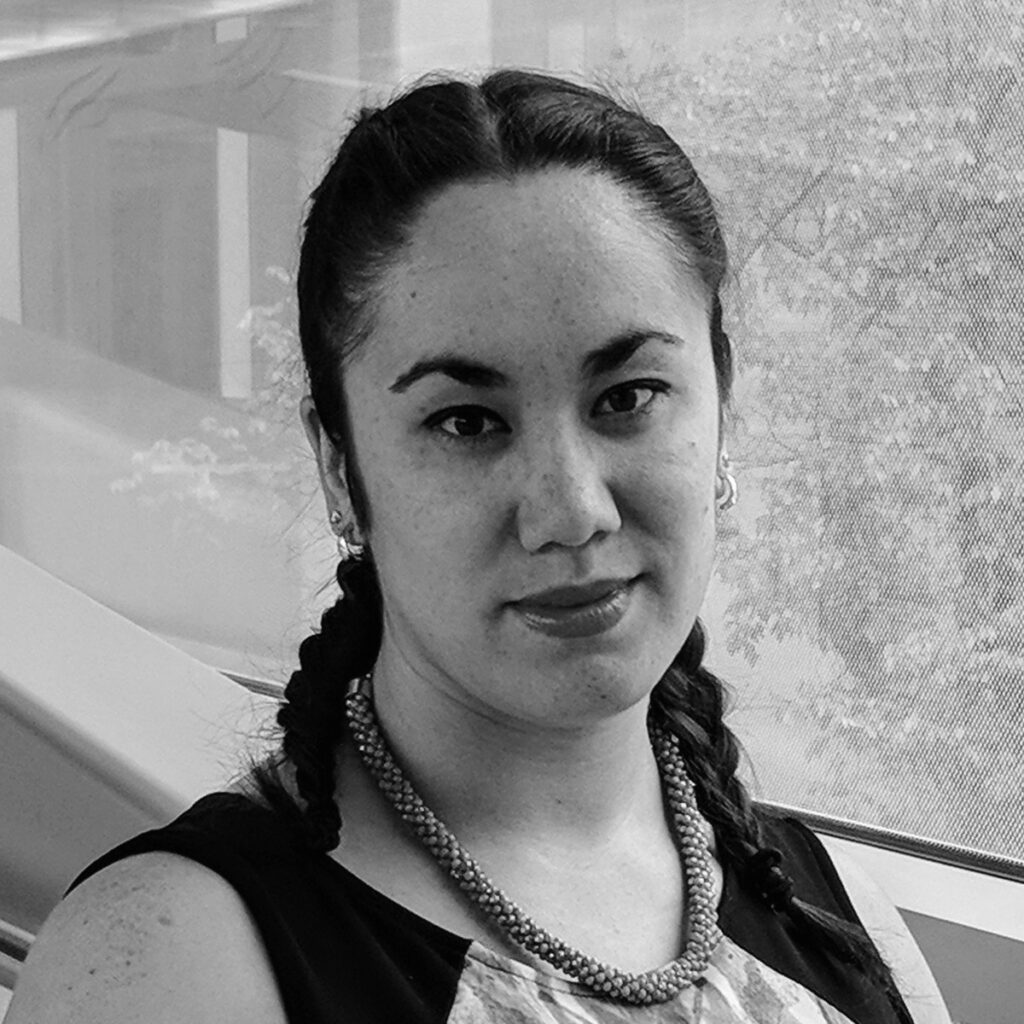
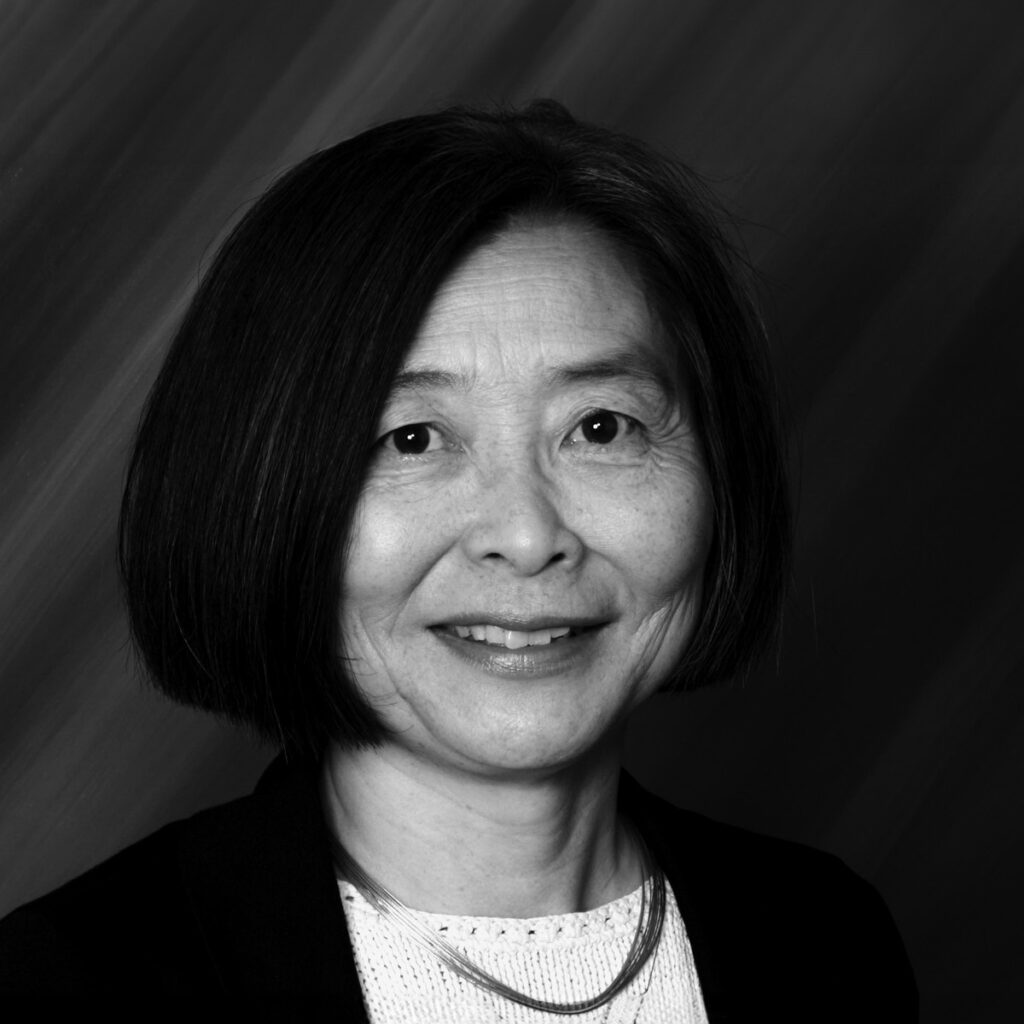
In Conversation with Patti Ayukawa, Lucy Komori, Naomi Horii
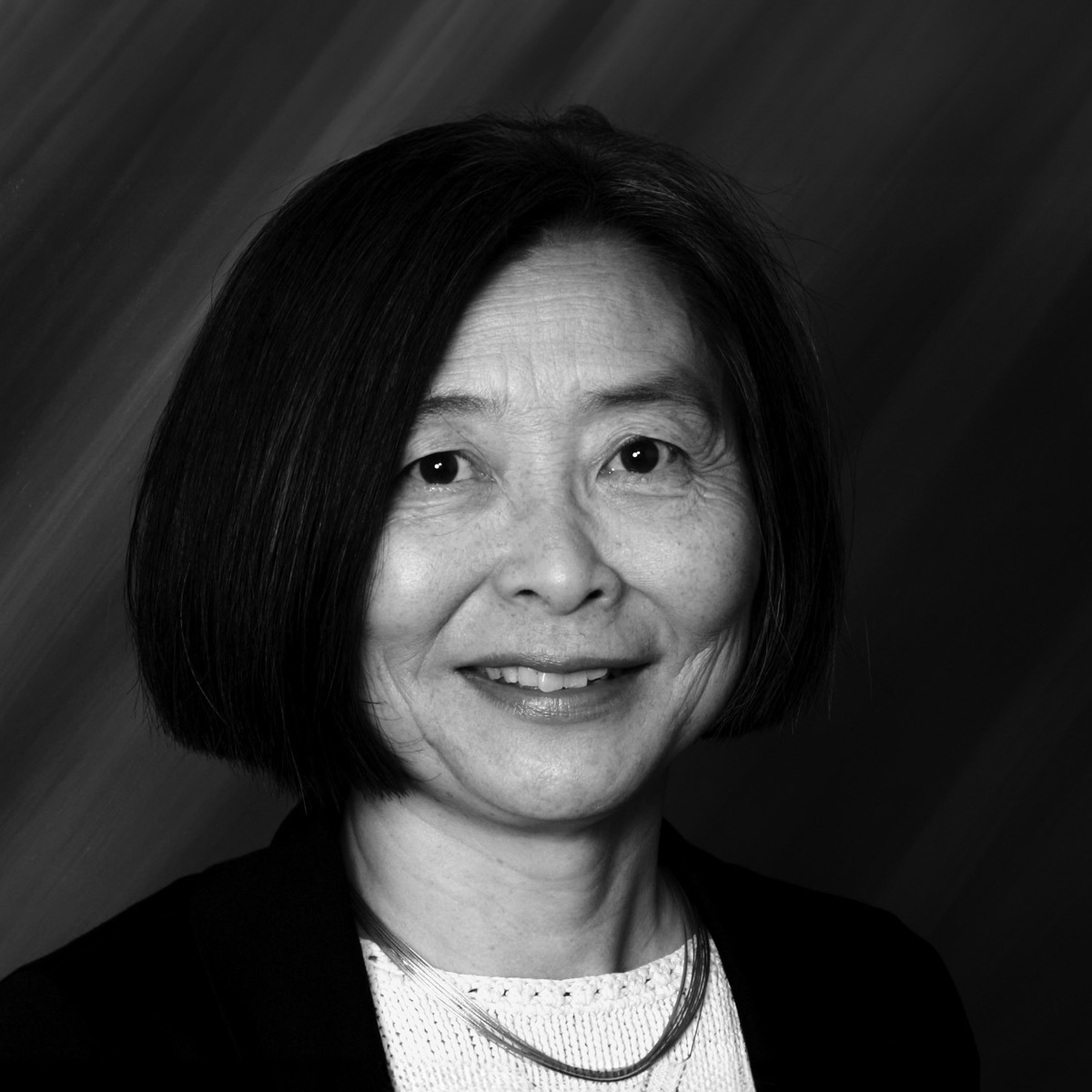
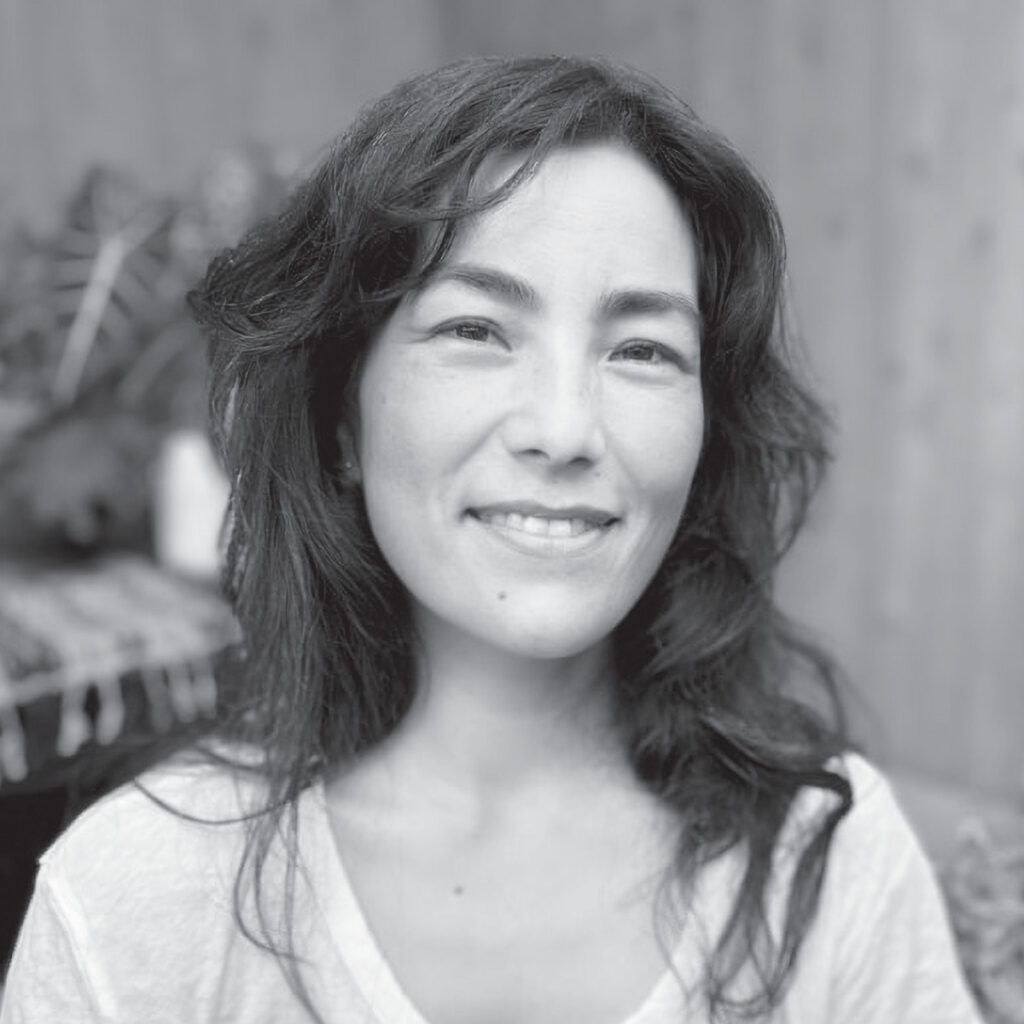
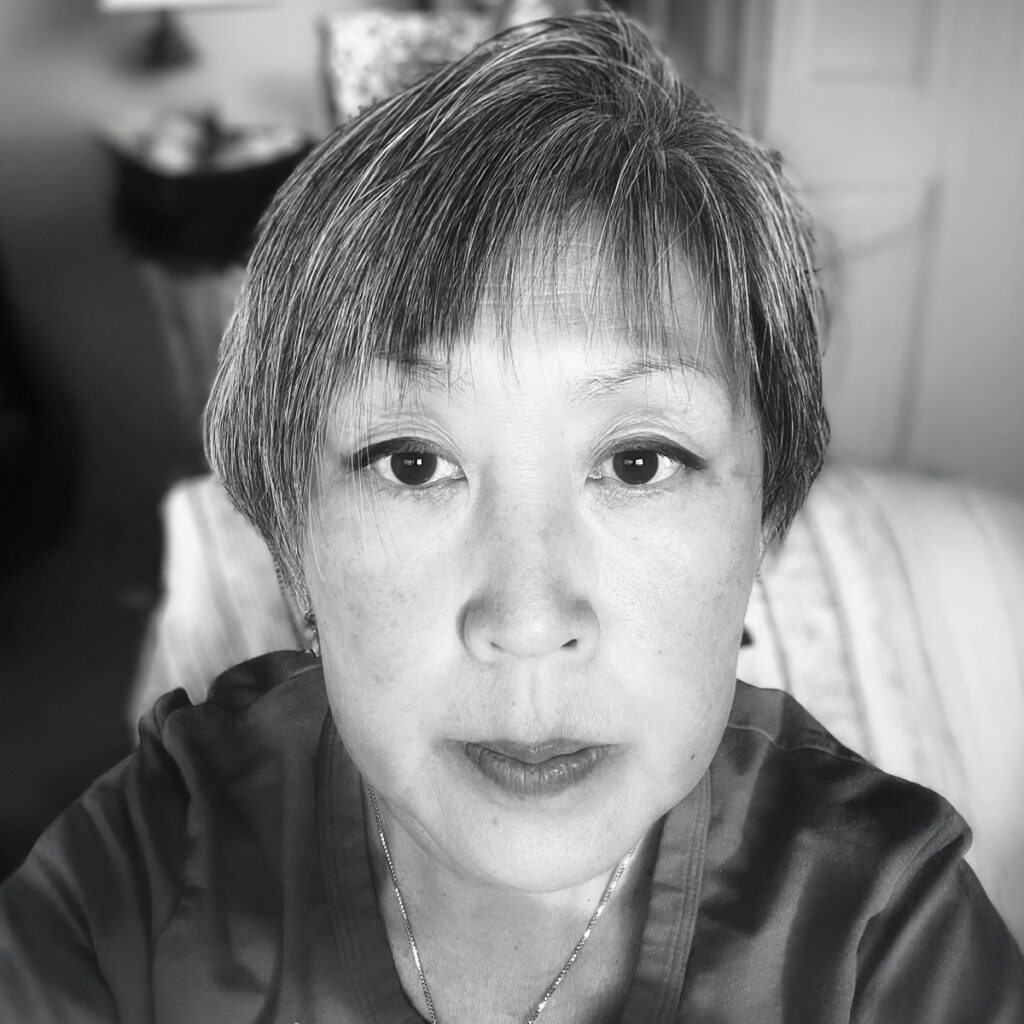
We conceptualized the Family Sharing and Healing category of the Intergenerational Wellness stream as an invitation for families to open lines of communication, to peel back some of the layers of silence that have been allowed to build up over the generations. The majority of grant recipients have let us know that they want their family work to be private and not shared with the community or made public in any way. What are your views on this desire for privacy when it comes to these family stories?
Lucy Komori I understand the need for privacy but on the other hand, I feel that the silence in our community continues the fraught legacy of grappling with some difficult emotions and experiences in isolation. I read an essay many years ago by Donna Nagata, a psychology professor at the University of Michigan, who has researched the long-term impacts of past trauma in the Japanese American community. Her words have stuck with me ever since: silence “is a really powerful transmitter of trauma.”
My hope is that some families who received JC Legacy funding are willing to share their experiences. In JC sessions I’ve been involved with, this sharing provides a powerful validation for participants of their experiences, their thoughts and feelings. They don’t feel alone any longer. It builds community and helps people begin the healing process.
Naomi Horii I believe that how ‘we’ (Japanese Canadian community), know things can only be understood relationally – with each other. We can only know ourselves in relation to our collective experience of shame, liberatory joy, and everything in between. If we keep living in ‘private’ then we harm our abilities to witness, and be seen by, our community, by us. We harm our collective ability to cultivate generational resilience. Our roots are here, living, and breathing in all generations, so why historicize experience, when it’s right here, right now, in our bodies. My grandmother always used to say, not yesterday, not tomorrow, not today, but now. I think families may have confronted the now, and opted to protect the vulnerability there. I see you, and say: you are not alone. We support you. Your story is important to us. Your stories help us as a community.
Patti Ayukawa I am allowed to heal in ways that my parents never could. Yes, they sacrificed their dreams and freedom to prepare us for now. Yes, they never healed, but I can because of them. Okagesame de.
What would it look like if we consulted the community on subjects like community care, collective trauma and living authentic, liberated lives free from the residues of historical trauma and our oppressive histories?
What is the root cause of the Japanese Canadian insistence to preserve family privacy, reputation and pride? Something clearly doesn’t make sense as the embedded JC narrative is that we are successful, proud and resilient. Isn’t that what people keep wanting to claim, shout and write about it? If some of us are so amazing, why are we afraid of admitting our loyalty to the dysfunction that put us in this unhealthy place? Why can’t we admit that the collective trauma and shame threw a lot of our community under the bus and that shame lives on today. It shows up in how we ignore voices that speak of hurt, dislike originality and authenticity (unless it’s framed as art) and don’t call out leadership that acts selfishly.
I love that the Family Sharing and Healing projects have given JC families from across our ecosystem a chance to do the impossible. That is, offer an opportunity to one or two rogue members of a family a chance to break out, peek into family history and have a community based excuse to do that! They can run with the permission from a national Japanese Canadian society. It looks legitimate and allowed.
We must learn how to respect ourselves, welcome collective care, compassion, authenticity and experiment with offering trust and trusting others. When this happens we will be driven to create Japanese Canadian safe spaces. This happens if we really want to know our true story and leave behind the nostalgic dysfunction that we were led to believe kept us safe, valued and aligned with cultural identity.
Given that families had very different experiences within the internment era, what do you see as the broad commonalities shared by pre-war Japanese Canadians families?
LK As you say, everyone’s wartime experiences and each family and their relationships to each other were unique. It’s difficult to understand what those common threads are. If I look at my family, I would say they made the best of a horrible situation. Gaman, gaman, gaman. During the war and then after, they worked hard to rebuild. To look to the future. I’ve heard this sentiment expressed by many others.
I’m going to sound like a broken record, but I think it would be really great to better understand the “broad commonalities”, which is why sharing of information and family discoveries would help all of us better understand if there are common threads in all of our varied experiences. Is there something we can learn from other JC’s? I believe we’ll find lots of things in common. And the community and families will be stronger for it.
What would you say to people who are wondering if they should embark on this path? Are there steps that can be taken to prepare for starting these conversations?
LK I’ve heard people say that members of their families are unwilling to talk about their family history. For me, it took many years of casual conversations with my uncles to start to understand the Komori family history. My cousin was sure that his dad – my uncle – would refuse to talk when my sister and I decided to organize a more formal “interview.” My uncle was effusive when we interviewed and recorded him. He’s a great storyteller and I’m not sure how much to believe but we captured what he remembers to be true about his experiences. He died within the year so we’re grateful to him for generously sharing.
Often an interview between parent and child may be difficult depending on that relationship and established interactions. Find someone in the family who the interviewee feels comfortable opening up to. We often hear that grandparents, who never shared anything with their own children, are much more open and willing to share with their grandchildren.
NH If you are wondering if you should embark on this path, I would say: you’ve already started. There is no right way to do it. You know your family, you know the ways to navigate discomfort, and you know the ways to hold grief. Be open to feeling the deep-in-your-bones feelings that you, and your ancestors, have felt before. I would also say that you know how to help others and how to hold your tender Spirit in times of feeling alone. Gather your resources of strength, and go. You can do it any way you feel is right. Call on our Elders, they have been through a lot so trust they would know how to support you. Call on your friends, or start reaching out to folks that you’ve been wanting to, as you know they’d understand. Break the cycles of independence and start creating a web of interdependence on your journey of positioning yourself in JC community. I would say: if you are wondering if you should embark on this journey, your curiousity is important to all of us.
PA If you notice that you want to disappear around Japanese Canadians (you have a way to distract or maintain busyness) or you get super tired and want to lie down after a community event, this may be a good place to start. Go find a facilitated JC led Healing Circle. See what it feels like to show up at one. Check out their food. Then go again, and again. Notice if you still want to disappear and get a little energized after the event. End with embracing gentleness and being with JC who are trying to hold space for you and themselves.
